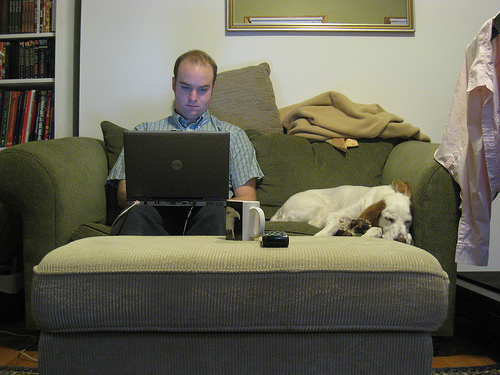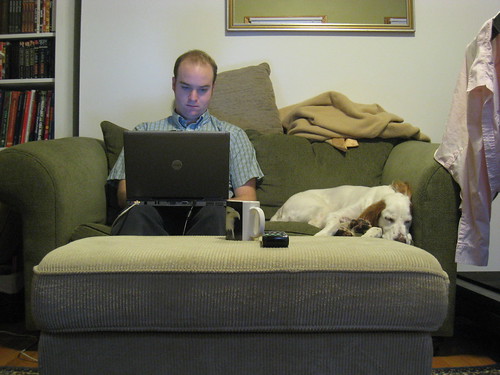In previous posts, such as this one, I’ve discussed some of the unique opportunities crowdsourcing offers for small business owners- especially in the areas of business finance and market research. But there is a flip side to these benefits. If you do not exercise your due diligence, at best, you can end up forking over a significant amount of time and money for a product or service you can’t use, at worse you can expose your business to some serious damage.
What Are the Risks of Crowdsourcing to Small Business Owners?
First, small business owners should keep in mind that there are currently several crowdsourcing models through which freelancers are connected with companies in need of a particular service. Some crowdsourcing websites operate on a bid system. Numerous freelancers bid on set jobs; the company receives these bids and chooses with whom to work based on any combination of factors such as price, reputation, and skill. Other sites, rely on a competition model, whereby freelancers of all experience levels submit the completed the project, and the company chooses which one it likes the best. In this case, only the freelancer that was chosen gets paid, while the others walk away empty-handed. The amount and type of risk will vary from site to site.
So what are some crowdsourcing dangers small business owners should be concerned about? Here’s a rundown along with some tips to help reduce the risk:
- The contracted freelancer produces no work or the work is inappropriate or unacceptable. Before agreeing to work with a particular freelancer, make sure you look into the person’s level of experience and reputation. Where possible, ask for a sample of previous work. You also need to make sure that you are very clear about the task you want completed. Sometimes freelance projects go awry due to lack of sufficient communication on behalf of the employer. Finally, make sure to keep cultural differences in mind- especially in regards to communication and relationship to time.
- The project ends up costing more than was budgeted. This can happen if a freelancer charges by the hour and must make repeated revisions on a project based on the business owner’s feedback. It can also happen when no specific due date was agreed upon beforehand. To reduce the risk of the freelance project going over-budget, set an agreed upon price and time from the beginning, and shy away from paying by the hour.
- The freelancer uses company data and permissions to create havoc. In certain situations, a freelance worker will need to have access to internal company systems and data. Where this is the case, do whatever you can to protect sensitive company-wide data and intangible assets by checking up on a potential freelancer’s background, as mentioned above, by setting access limits, and by issuing temporary passwords. This can help prevent any damage or theft caused by a disgruntled or unscrupulous freelancer.
Bottom line: while crowdsourcing may provide a great opportunity for bootstrapping small business owners looking to save some money, it could come at a high price if business owners don’t watch where they are going.

